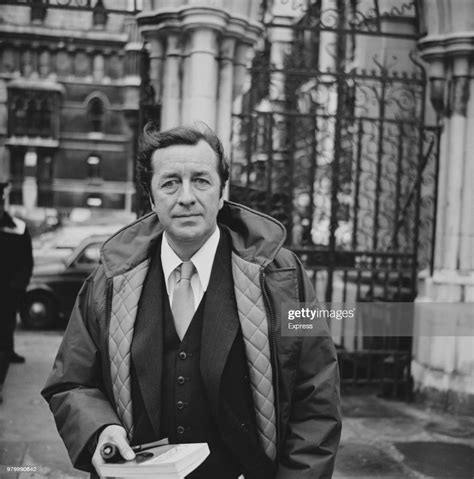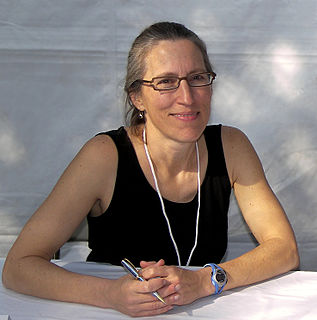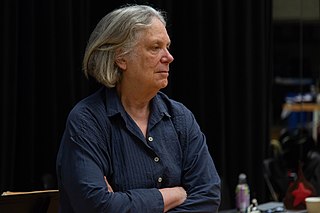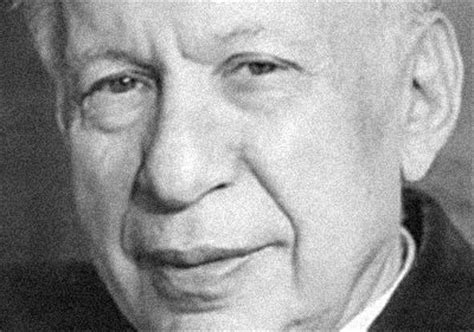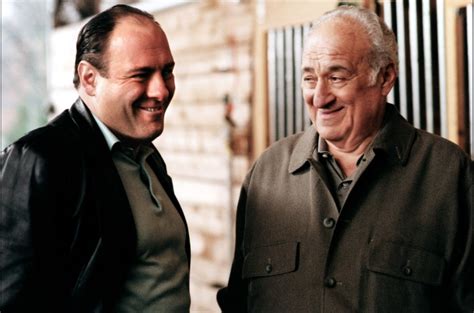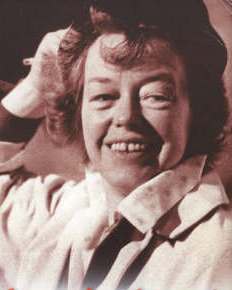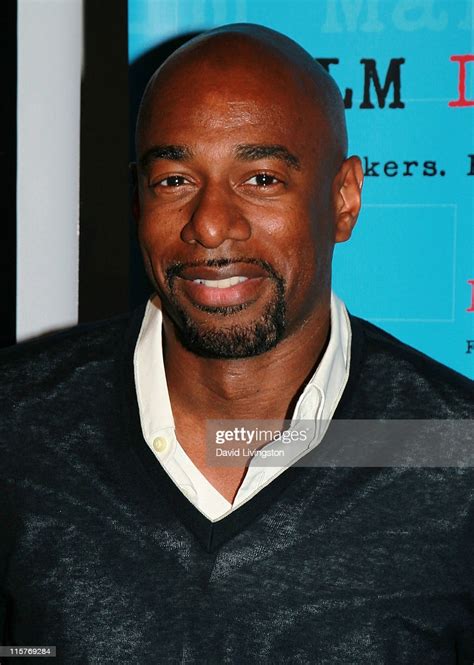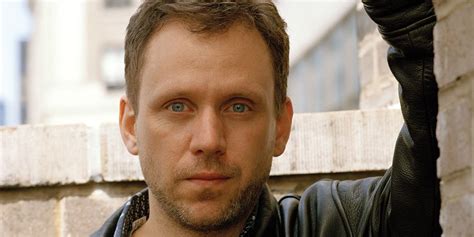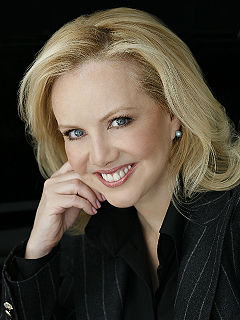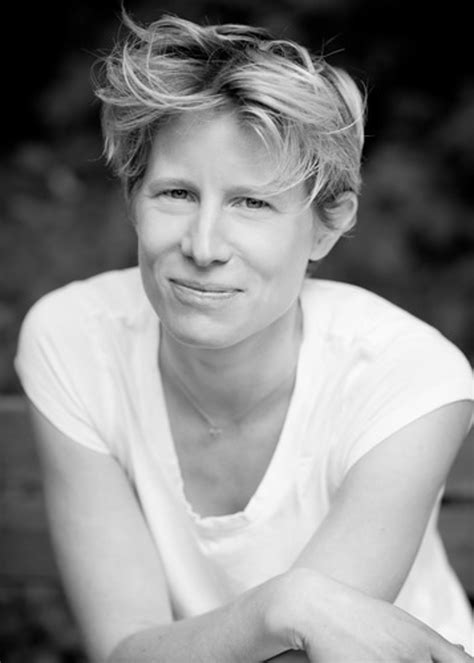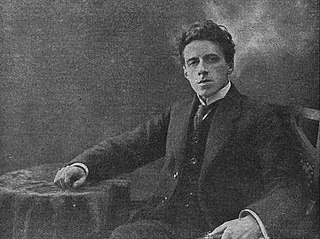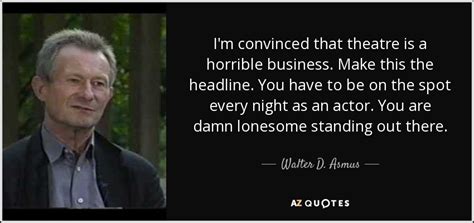A Quote by Joseph Chaikin
The [Great] Actor is able to approach in himself a cosmic dread as large as life. He is able to go from his dread to a joy so sweet that it is without limit. Only then will the actor have direct access to the life that moves in him, which is as free as his breathing. And like his breathing, he doesn't cause it to happen. He doesn't contain it, and it doesn't contain him.
Related Quotes
The goal in raising one's child is to enable him, first, to discover who he wants to be, and then to become a person who can be satisfied with himself and his way of life. Eventually he ought to be able to do in his life whatever seems important, desirable, and worthwhile to him to do; to develop relations with other people that are constructive, satisfying, mutually enriching; and to bear up well under the stresses and hardships he will unavoidably encounter during his life.
This account of him [Thomas More] developed as I wrote: what first attracted me was a person who could not be accused of any incapacity for life, who indeed seized life in great variety and almost greedy quantities, who nevertheless found something in himself without which life was valueless and when that was denied him was able to grasp his death.
I suppose he'll die soon. I'm expecting it, like you do for a dog that's seventeen. There's no way to know how I'll react. He'll have faced his own placid death and slipped without a sound inside himself. Mostly, I imagine I'll crouch there at the door, fall onto him, and cry hard into the stench of his fur. I'll wait for him to wake up, but he won't. I'll bury him. I'll carry him outside, feeling his warmth turn to cold as the horizon frays and falls down in my backyard. For now, though, he's okay. I can see him breathing. He just smells like he's dead.
The image of the presence, whatever it was, waiting there for him to go -this image had not yet been so concrete for his nerves as when he stopped short of the point at which certainty would have come to him. For, with all his resolution, or more exactly with all his dread, he did stop short - he hung back from really seeing. The risk was too great and his fear too definite: it took at this moment an awful specific form.
The nephew revenges himself for this, by holding his breath and terrifying his kinswoman with the dread belief that he has made up his mind to burst. Regardless of whispers and shakes, he swells and becomes discoloured, and yet again swells and becomes discoloured, until the aunt can bear it no longer, but leads him out, with no visible neck, and with his eyes going before him like a prawn's.
Often nothing keeps the pupil on the move but his faith in his teacher, whose mastery is now beginning to dawn on him .... How far the pupil will go is not the concern of the teacher and master. Hardly has he shown him the right way when he must let him go on alone. There is only one thing more he can do to help him endure his loneliness: he turns him away from himself, from the Master, by exhorting him to go further than he himself has done, and to "climb on the shoulders of his teacher."
Achievement comes to someone when he is able to do great things for himself. Success comes when he empowers followers to do great things with him. Significance comes when he develops leaders to do great things for him. But a legacy is created only when a person puts his organization into the position to do great things without him.
The man who has lived his life totally, intensely, passionately, without any fear - without any fear that has been created in you by the priests for centuries and centuries - if a person lives his life without any fear, authentically, spontaneously, death will not create any fear in him, not at all. In fact, death will come as a great rest. Death will come as the ultimate flowering of life. He will be able to enjoy death too; he will be able to celebrate death too.
An actor must interpret life, and in order to do so must be willing to accept all the experiences life has to offer. In fact, he must seek out more of life than life puts at his feet. In the short span of his lifetime, an actor must learn all there is to know, experience all there is to experience, or approach that state as closely as possible. He must be superhuman in his efforts to store away in the core of his subconscious everything that he might be called upon to use in the expression of his art.
By his own will Christ was dependent on Mary during Advent: he was absolutely helpless; he could go nowhere but where she chose to take him; he could not speak; her breathing was his breath; his heart beat in the beating of her heart.... In the seasons of our Advent - waking, working, eating, sleeping, being - each breath is a breathing of Christ into the world.
It's to a writer's advantage to contain within himself elements of each sex, or any sex. It's to his advantage because it makes him able to write from the female point of view as well as the male. In some cases, of course, you will find some homosexual writers who can only write from a f - - -'s point of view. But I don't regard myself as a f - - -! Some people may. Also audiences wanted escapism. They don't like too much protest or criticism of their way of life.
Man's desire for the approval of his fellows is so strong, his dread of their censure so violent, that he himself has brought his enemy (conscience) within his gates; and it keeps watch over him, vigilant always in the interests of its master to crush any half-formed desire to break away from the herd.


